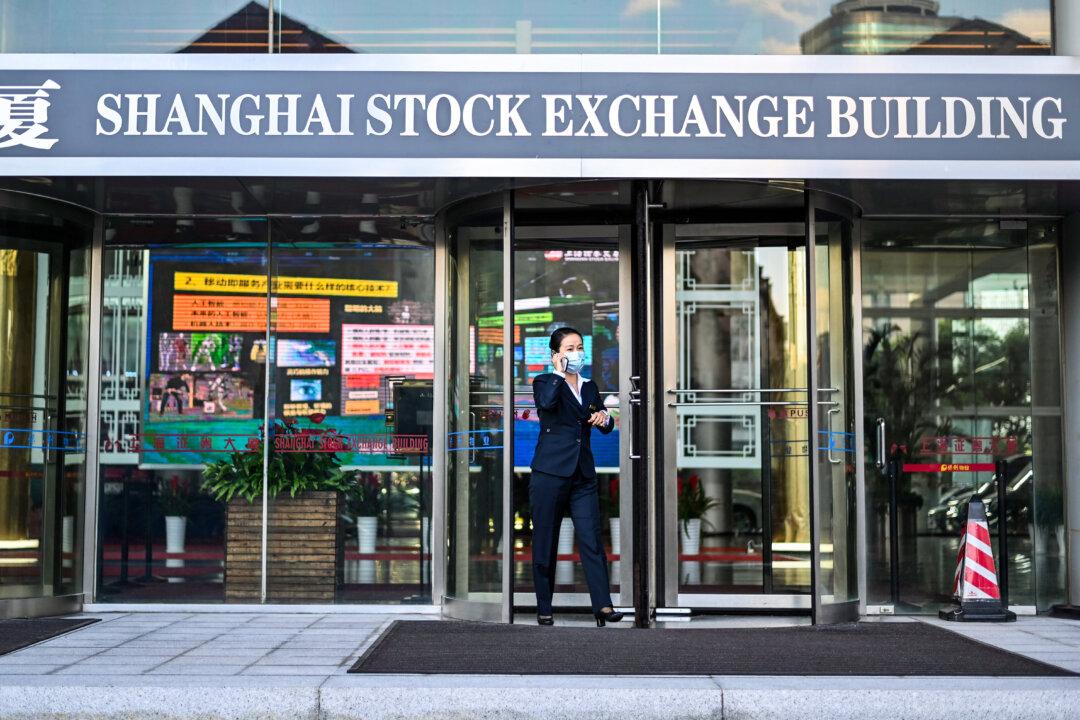As Chinese stocks hit multi-year lows amid ongoing government rescue efforts, justification by Canadian public-sector pension plans that China offers portfolio diversification is proving costly. This is particularly the case for the largest among them—the Canada Pension Plan (CPP)—with its outsized allocation to China.
Investing in China takes place amid geopolitical tensions, concerns over massive debt loads at all levels of government, lack of transparency in financial reporting, and a bankrupt real estate sector.





